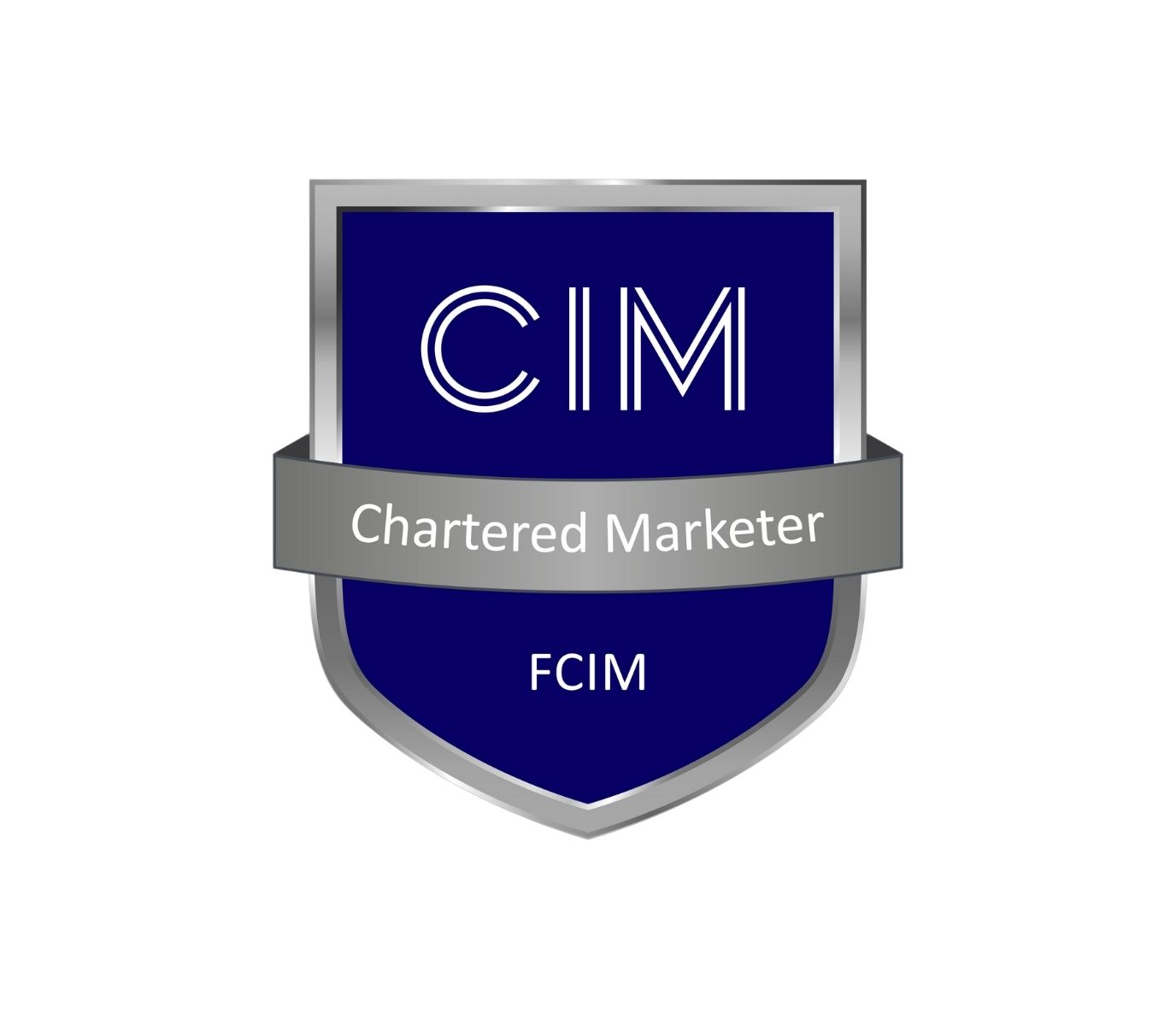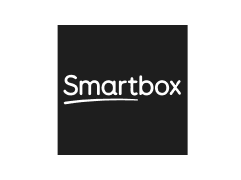

Marketing Expertise That Supports Growth, Investment and Transformation
How We Think About Growth, Performance and Marketing Leadership
At VCMO, our expertise spans the strategic, commercial and operational disciplines required to build, scale and govern high-performing marketing functions.
This page outlines what we specialise in — not what we sell.

What We Mean by “Marketing Expertise”
Expertise isn’t about frameworks. It’s about how you see a problem, where you focus attention, and how you decide what matters most.
At VCMO, our marketing expertise is built around two complementary lenses:
- How we help leaders make better strategic decisions
- How those decisions are translated into commercial action
Together, they allow us to operate at leadership level — not just marketing level.

Our Primary Lens: Strategic Marketing Expertise
Before tactics, channels or execution, the real work is strategic. Our strategic expertise focuses on the decisions that shape growth, risk and value, particularly in complex or high-stakes environments.
This lens is most relevant when leaders are asking questions like:
- "Where should we focus — and what should we stop doing?"
- "What options do we genuinely have?"
- "Why isn’t growth translating into results?"
- "Is this a market issue, a positioning issue, or a capability issue?"
- "What needs to change for the next phase of the business?"
Our strategic expertise includes:
Growth Strategy & Go-to-Market Design
Identify and build upon your key drivers of competitive advantage.
• Market entry strategy
• Value proposition design
• ICP and segmentation modelling
• Pricing & positioning strategy
• Product & portfolio GTM orchestration
Sales & Marketing Alignment
Build sustainable pipelines and systems that turn growth into a habit.
• Revenue process design
• Pipeline architecture
• Lead qualification frameworks
• Commercial dashboards
• Sales enablement strategy
Brand, Positioning & Market Differentiation
Differentiate your brand and protect your advantage against competitors.
• Brand strategy & narrative
• Category positioning
• Messaging architecture
• Repositioning and brand realignment
• Employer and corporate brand integration
Marketing Operations, Data & Performance
Streamline marketing operations to deliver more impact with less waste.
• CRM & marketing automation strategy
• Attribution & reporting design
• KPI frameworks & dashboards
• Martech stack governance
• Performance management systems
Team Structure, Capability & Leadership
Strengthen marketing talent, tools, and processes to support long-term performance.
• Marketing operating models
• Team design & resourcing
• Senior marketing leadership support
• Succession & leadership transition
• Capability assessment & development
Investor, Board & Transaction Support
Stay agile, diversify risk, and seize market opportunities with confidence.
• Marketing due diligence
• Growth credibility validation
• Exit narrative development
• 100-day post-deal marketing planning
• Portfolio company performance oversight
Marketing Risk & Governance
Be prepared for stakeholder, regulatory or investor scrutiny.
• Data privacy & protection
• Security threats
• Reputational damage
• Regulatory non-compliance
• Contractural & third-party obligations
Demand Generation & Channel Strategy
Manage leadership change and brand evolution while protecting continuity.
• Multi-channel growth strategy
• Performance marketing governance
• Content strategy & authority building
• ABM & strategic account growth
• Partner & ecosystem demand models

Our Applied Lens: The 4Ps in Practice
Once strategic clarity exists, execution becomes simpler — and more effective.
Our applied expertise is grounded in the 4Ps of marketing, used not as theory, but as commercial levers to translate strategy into results.
This lens answers questions such as:
- "Is the offer right?"
- "Is pricing supporting value and margin?"
- "Are we reaching the market effectively?"
- "Is promotion reinforcing positioning — or diluting it?"
Our expertise includes:

Product Expertise
Shape products, services, and experiences that resonate with customers and strengthen brand value.

Pricing Expertise
Set pricing and budgets that signal value, protect margin, and align with market expectations.


Why Both Lenses Matter
Strategy without application stays theoretical. Execution without strategy becomes noisy and inefficient. Our strength lies in holding both perspectives at once:
- Seeing the business as a system
- Understanding where intervention will have the greatest impact
- Applying effort proportionately, not reactively
This is why our work often sits at the intersection of leadership, strategy and performance — not just marketing delivery.


How Our Expertise Is Applied
Our marketing expertise underpins every VCMO engagement model, including:
- Strategic workshops and intensive sprints
- Fixed-scope strategic projects
- Retained marketing leadership (Fractional CMO)
The lens stays consistent. The engagement model adapts to context.


Relationship to Our Services
If you are seeking:
- Leadership → Explore Fractional CMO
- Strategic Clarity → Explore Marketing Advisory
- Validation → Explore Marketing Performance Audit
- Market Evidence → Explore Market Analysis
- Transaction Risk Protection → Explore Marketing Due Diligence
- Personal Leadership Development → Explore Marketing Mentoring
VCMO’s marketing expertise exists to support better decisions, stronger governance and more reliable growth.
Subscribe to Our Newsletter
Fractional Edge is our montly newsletter sharing expert opinion on the latest trends in fractional leadership, curated marketing content from leading sources, VCMO events, and much more. Subscribing is quick — just add your name and email.













































